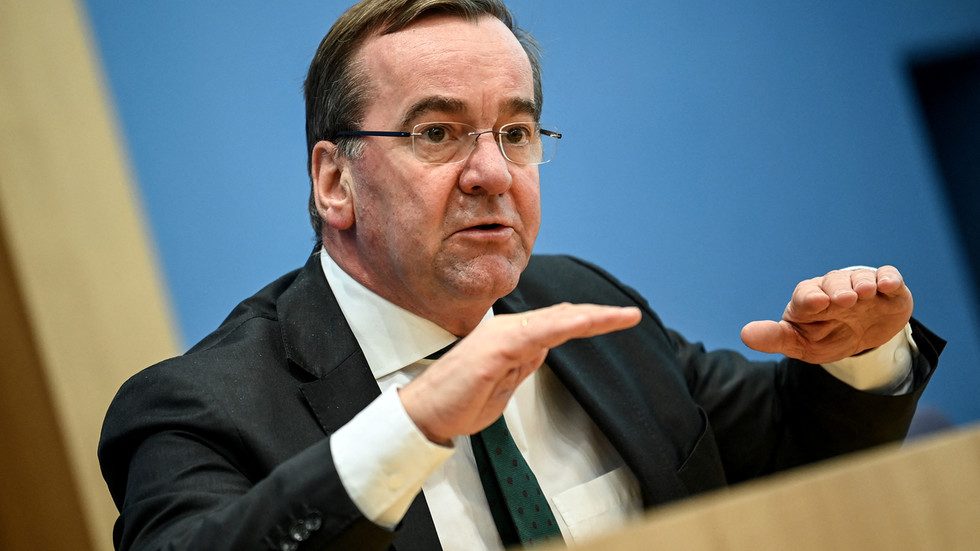Benjamin Netanyahu’s return as the prime minister (PM) of Israel last month was marred by his controversial joining of hands with Right-wing religious-nationalist and ultra-religious parties, who now control a significant chunk of the national Parliament. For a leader who seemed to suffer setback after setback in the last three years as he was tried for fraud and breach of trust, the return to power and his Likud Party’s better-than-expected showing is yet another marker of his image as the best defender of Israel militarily and diplomatically. His accomplishments are mostly in foreign policy — such as the recognition of Jerusalem as the undivided capital of Israel and Golan Heights as territory of Israel by the United States, and the long-awaited normalisation of relations with the Arab world through the Abraham Accords. He also devoted considerable time to consolidating trade and strategic ties with India and China.
Netanyahu’s father, Benzion Netanyahu, once said that his son is a better diplomat than a politician. But Netanyahu’s domestic political partners and his alliance’s agenda now threaten his diplomatic legacy.
Israel’s special relationship with the US is under severe stress due to Netanyahu’s domestic politics. Israel has received robust support from the US since 1967, and it hasn’t mattered if a democratic or Republican president came to power in Washington. Israel-US ties are far deeper and the two have common national interests and shared values.
But now, the Joe Biden administration has objected to Israel’s domestic agenda about increasing settlements in the West Bank, changing the status quo of the Temple Mount in Jerusalem and judicial reforms that will give more unchecked powers to Parliament and weaken judicial autonomy. A vocal section of the Democratic Party and the public demand that Israel maintains its democratic credentials with liberal principles, rather than go in the direction of a more religiously inspired idea of a Jewish State. This is a catch-22 situation for Netanyahu. He needs to appease his hardliner partners at home to be in power, while maintaining the stability of Israel-US relations.
The Arab countries also appear to be reconsidering some degrees of normalisation of ties in light of this Right-wing turn. Earlier this month, Netanyahu had to postpone his trip to the United Arab Emirates due to the provocative visit of his security minister to the Temple Mount. Oman, a country that extended warmth to him and had back-channel relations with Israel, has come out against any contact with Tel Aviv. The country’s parliament voted to criminalise relations or interactions with “the Zionist entity” (a phrase from an almost fading era when most Arab countries chose to call the State of Israel an entity). Others — such as Jordan, Egypt and Saudi Arabia — have condemned some of the leaders that Netanyahu has in his cabinet. Most Arab states have given up the rhetoric of the Palestinian cause long ago. Yet, they might not prefer to be seen as cordial with this government because of the sanctity of the Muslim holy place such as the Al-Aqsa Mosque at Temple Mount.
Diaspora plays a crucial role in the foreign policy of Israel. There are more Jews outside (mainly in the US, where there are close to seven million) than in Israel; thus, the cabinet has a minister of diaspora. Jewish Americans have been strong supporters for Israel in America and elsewhere, including for deepening India-Israel relations. However, the growing powers of ultra-orthodox parties have caused some discomfort lately because most Jewish Americans are liberal and cosmopolitan, and aspire for democracy and an open society. They also practise reformed ideas of Judaism.
It is, therefore, not much of a surprise that some of the alliance partners of Netanyahu are pushing towards adopting more orthodox versions of Judaism, or have a regressive stand on matters such as feminism, same-sex relationships, individualism, and minority rights. Previous governments managed these divisions by maintaining a balance between the more conservative schools of Judaism and the more reformed, liberal and cosmopolitan ones. Fearing that the balance may be eroding under Netanyahu’s government, some prominent heads of diaspora organisations from North America have written a letter to Netanyahu expressing worry for the unity of the Jewish people.
Given the legal troubles of the ongoing trial for Netanyahu, the PM is left with little room to manoeuvre the alliance so that it can survive these in-built contradictions. His challenges of holding together a deeply divided society and diverse peoples even while handling a raft of diplomatic crises are only set to grow.
Khinvraj Jangid is associate professor and director, Jindal Centre for Israel Studies, Jindal School of International Affairs, OP Jindal Global University
The views expressed are personal















